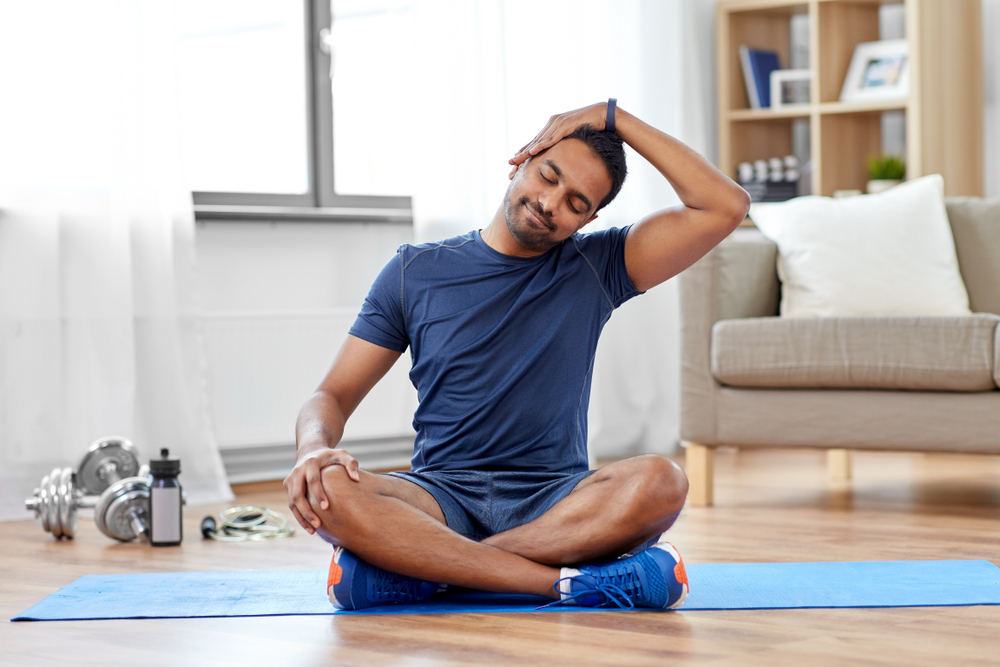July 7, 2021

A herniated disc is a condition affecting one of the cushions (discs) that are located between individual vertebrae bones that combine to form your spine. The discs comprise a tough outer ring and a gelatinous, soft inner part. These discs are important in protecting the bones by absorbing shocks. The shocks can be a result of daily routines such as walking, twisting, lifting, and others.
Weakness or injury to one of these discs can result in the soft inner part protruding through the tough outer ring. This condition is known as a prolapsed, slipped, or herniated disc. Here are a few things you need to know about herniated discs.
Symptoms of Herniated Disc
While herniated disc can occur in any section of your spine, it is more common in the lower back. Some of the symptoms of this condition include:
Pain that spreads to your legs and arms.
Numbness and pain especially to one side of your body.
Worsening pain after you sit or stand.
Sudden pains when you make certain moves or get worse at night.
Muscle weakness.
Pain even when undertaking normal activities like short walks.
Burning sensations, tingling, or pain in the affected region.
While these are the general symptoms, others may manifest if the condition is severe. If you experience tingling and numbness that affects your muscular control, you should see your doctor.
Causes of Herniated Disc
As mentioned before, this condition occurs when the inner portion slips out of the outer ring of the disc. This can be as a result of:
Strenuous Activities
Also, it can be caused by making certain motions such as twisting or turning to lift something. You can cause strain to your back when you lift very heavy objects resulting in a herniated disc. Jobs that require such heavy lifting put you at a higher risk of this condition.
Weight Problems
Likewise, if you are overweight, you have a higher chance of getting a herniated disc. This is because the discs are under constant strain to support the extra weight. A sedentary lifestyle coupled with weak muscles makes it easier for the development of a herniated disc.
Aging
Additionally, discs progressively lose some of their protective components as you grow older. During this age bracket, your discs can slip out of place with more ease leading to a herniated disc. This is more common in men than women.
Treatment for Herniated Disc
Treatment for this condition often depends on how far the disc is out of its place and your discomfort level. Treatment may involve surgical or conservative methods depending on the abovementioned factors. Your doctor can recommend starting a fitness program that stretches and strengthens your back and supporting muscles. Some exercises can achieve this while reducing pain at the same time. You may also avoid heavy lifting and getting yourself in painful positions.
Since desisting from all physical activities due to pain is not advisable, you can try low-impact activities. To manage the pain, you can use some over-the-counter pain relievers. If your herniated disc pain is not responsive to such treatment, your doctor may recommend stronger prescription medicine.
For more on the causes and treatment for herniated discs, visit Graber Chiropractic Center at our office in Parsippany, New Jersey. You can also call (973) 335-1100 to book an appointment today.






